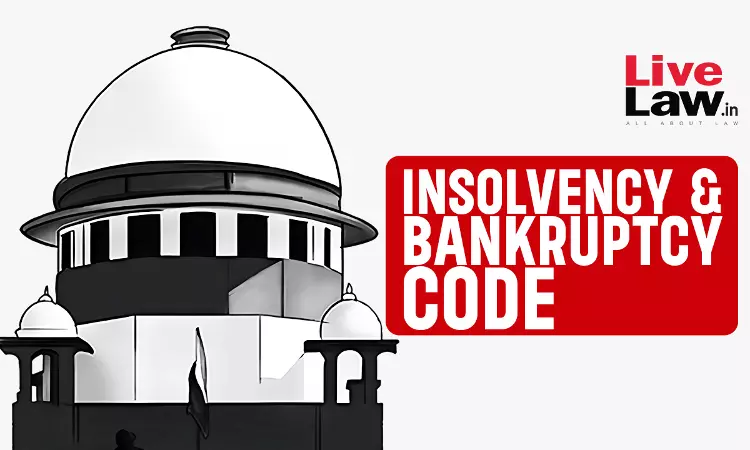IBC | Resolution Plan Approved By CoC Can't Be Withdrawn or Modified By Resolution Applicant: Supreme Court
Yash Mittal
28 March 2024 11:23 AM IST

Next Story
28 March 2024 11:23 AM IST
The Supreme Court reiterated that once a resolution plan is approved by the Committee of Creditors (“CoC”) then it becomes impermissible for the resolution applicant to withdraw or modify the resolution plan. The Bench Comprising Justices Sanjiv Khanna and Dipankar Datta referred to the Judgment of Ebix Singapore Private Limited v. Committee of Creditors of Educomp Solutions Limited...
